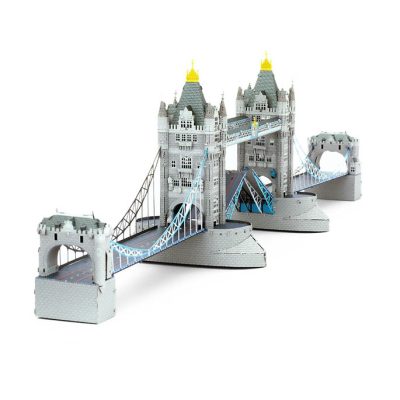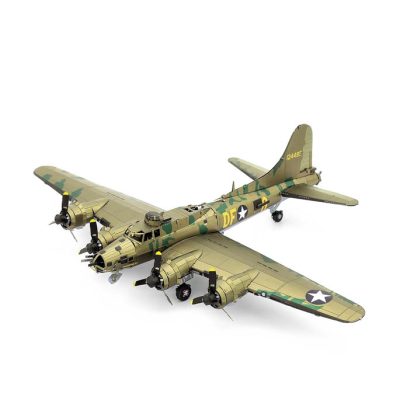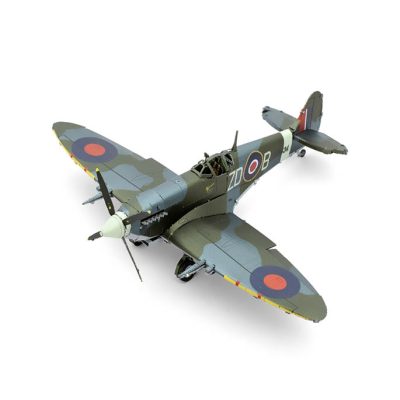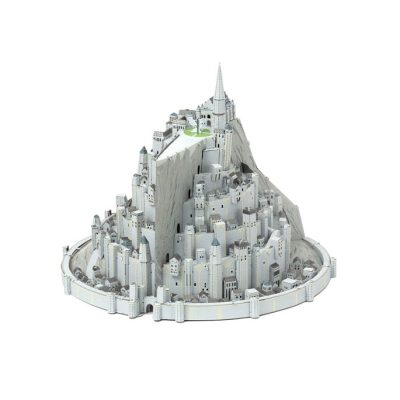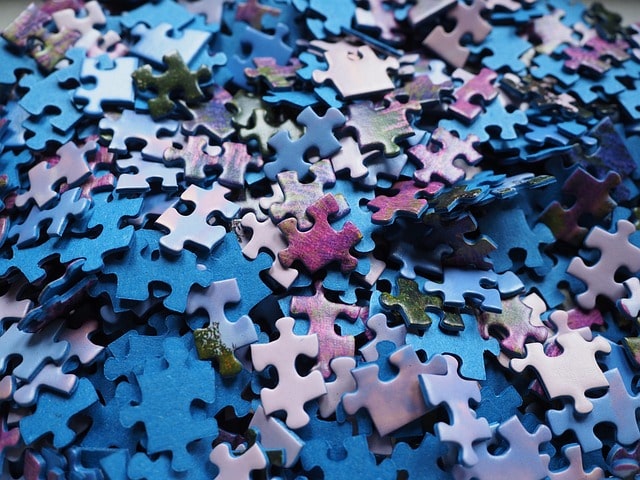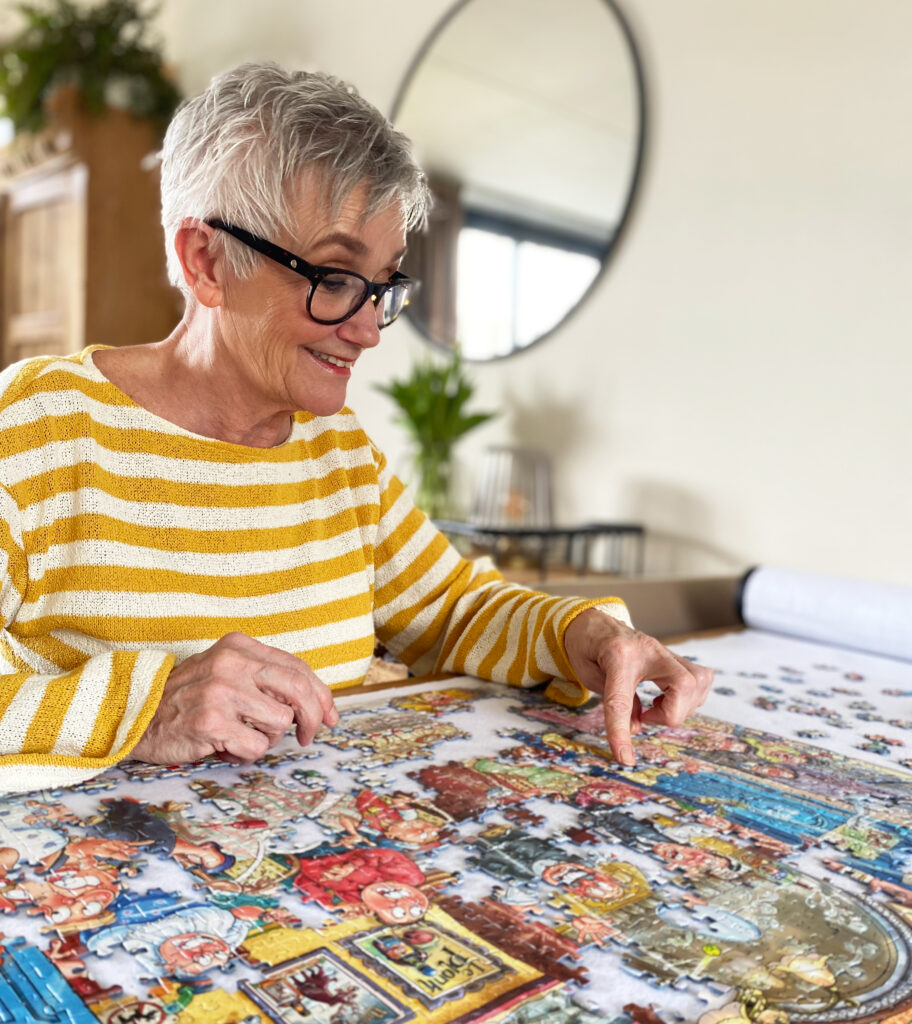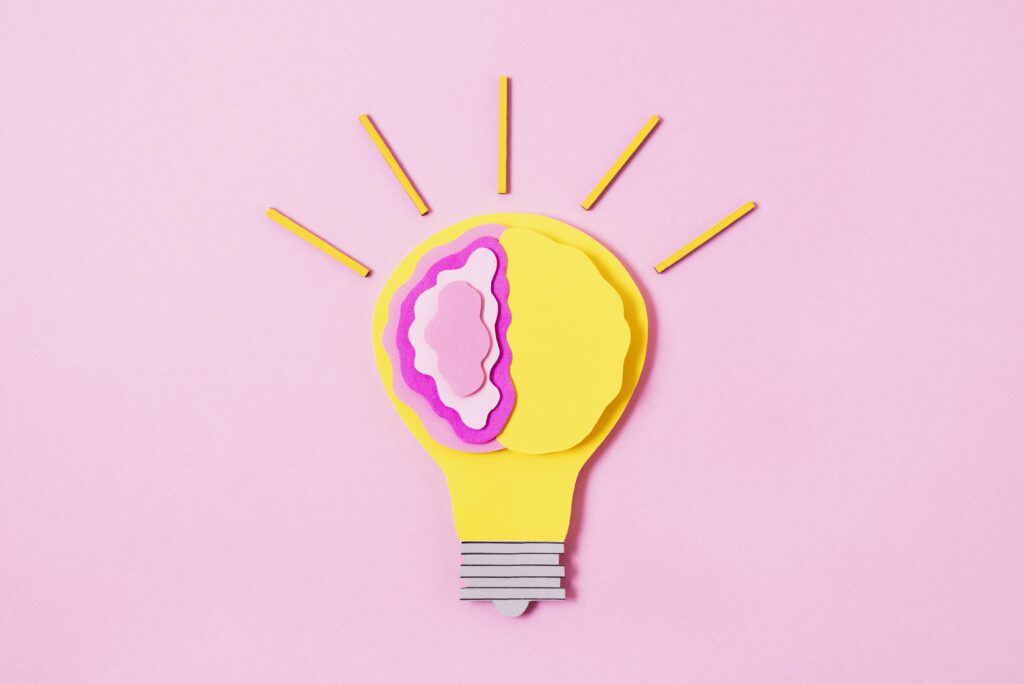How puzzles strengthen children’s memory skills
Puzzles have many benefits for both young and old. Since children are in the prime of their lives, you want to give them the right handles. Puzzling is the ideal way to reinforce memory skills in children in various ways, among others. We have listed some of the most important aspects that affect this.
Visual and spatial thinking is improved
Visualization is an important skill that can help anyone in everyday life. Mainly to remember information with this. So to have your child start this already is a smart move. So your child can benefit from this as early as school!
Puzzling is all about finding the right pieces together to come up with a whole picture. By cleverly filling in the edges first and going from there to see what goes with what, you can already help your children improve their memory skills. Once the border is filled in, some of the shapes and colors are also already clear. From there, they can build further. So start with a relatively simple puzzle. This one doesn’t have too many pieces, 500 at most, and a simple picture. When your child finishes the puzzle, it gives an incredibly satisfying feeling. From here you can only build up to more difficult ones.
With puzzles, short-term memory is primarily used
With puzzles, you are only concerned with seeing the connections. Children will soon figure out that you can’t just get started. You have to work with some kind of structure. So they often start by filling the edges first to work inward from there. Some children are already putting the colors together so they can put this together later. Especially when the edges are already furnished, it becomes easier for children to see connections using short-term memory. Some colors or details of a puzzle piece are then suddenly recognized and so all the puzzle pieces literally fall into place!
Problem-solving ability is stimulated
Puzzling is actually like the game of memorie, but with an awful lot of pieces with different shapes lying open. Out of this kind of chaos, a whole must be made. As indicated above, you can proceed in several ways. For example, find the colors together or start assembling the edges of the puzzle right away. Above all, let your child figure this out for himself! By running into different obstacles, problem-solving skills are stimulated. This encourages children to look for a (better) way to do resolution. Every time children then face another problem, they will come out of this more quickly. In addition, it gives them more confidence to actually solve the problem.
With puzzles, children learn in a fun way!
Children are in the developmental stages of their lives. There is nothing better than letting them learn as much as possible in a fun way. So puzzling helps develop memory and many other skills in a fun way. You can choose a puzzle with your child that he or she likes. This also encourages them to put the puzzle together. Children tend to like Disney puzzles, but animal puzzles are also often well liked. In the end, every child is different and therefore every child really likes something different. So check out Speedcube.co.uk’s entire assortment of the many categories of puzzles with your kids to pick out the perfect ones!
Much viewed
More blogs

